A few months ago LA Reel House dropped A Millennial Job Interview, a video aimed at satirizing Millennials and their approach to the professional world:
Since its release, the video has racked up 10M+ views across channels, over 110k social shares, and has caused quite the stir on social media. People from every generation are taking up arms to criticize, defend, and troll anyone who doesn't share their opinion.
However, the main concern Millennials should have isn't about whether the video's generalization is “right” or “wrong” (it's wrong). It's the fact that many people in a position to hire them seriously agree with the video's portrayal of their generation.
For example, check out this response from a senior executive at Apple who spent 5+ years in a position that directly influences hiring (I verified all of his info on LinkedIn and several other sources):
Apple is typically seen as a champion of the future. They are known for disrupting cultural norms and quashing outdated notions, yet, here is a senior level employee with direct control over the hiring process who holds a preconception against any candidate under 35.
Arguing about potential stereotypes and generalizations in the video is a distraction from the real issue. If you're a millennial, you're going to run into hiring managers who think you're not qualified, entitled, lazy, and glued to your phone. It's a reality you have to account for and overcome if you want to edge out the competition and land the job.
Who Am I To Weigh In On Issues With Millennial Job Interviews?
To start, I'm a millennial. At 27 years old, I'm smack dab in the middle of the generation's age range. During my job search, I spent two years dealing with the objections of being inexperienced, under-qualified, entitled, and lazy. Those preconceptions kept me from landing jobs at hundreds of companies.
On the flip side, I figured out ways to overcome those biases and land a job at Microsoft. For context, when I was hired I was the youngest person on my team by 6 years (for a role that required 5-7 years experience when I had less than 3).
I'm not saying these things to brag. I'm saying them to show you that it's possible to overcome hiring biases as a millennial and land a job you love. The goal of this article is to show you how to make that happen in three steps:
- Building relationships with people that matter
- Master the basics
- Roll up your sleeves and validate your value
1. Start Building Relationships (With People Who Can Influence The Hiring Decision)
In the cases of the millennial interview video and our Apple employee, the people making the hiring decision hadn't met the candidate yet. Their first interaction was taking place on the day of the interview.
When this happens, the only thing your interview can use to judge you are a few pieces of paper (your resume and cover letter) and their first impression. This is bad for a few reasons.
To start, it's incredibly hard to convey differentiating value in a resume and cover letter when you're coming from a non-traditional background. Additionally, most interviewers don't even look at your resume until a few minutes before they step in the room and only 10% of hiring managers actually read cover letters.
When it comes to first impressions, research from Princeton has shown that people create an impression in the first 1/10th of a second and longer exposure doesn't significantly alter that impression. Additionally, a recent study on hiring showed that:
- 5% of hiring decisions are made within the first 60 seconds
- 30% of hiring decisions are made within the first 5 minutes
- 52% of hiring decisions are made within the 5 – 15 minute range
This means that your interviewer has decided on whether or not they like you before you sat down in your chair, and 87% of them will make the decision to hire or fire you within the first 15 minutes of your conversation. Not a lot of room for error!
87% of interviewers make a hiring decision within the first 15 minutes of your conversation Share on XSo how do we increase our chances?
We build relationships with the people who will make the final hiring decision before we sit down for an interview.
By proactively identifying contacts and building relationships with them, we can control the conversation and prove out our value before we ever hit “submit” on the company's application.
Imagine walking into an interview with someone who you met for coffee last week, told you about their personal life, and gave you a road map of the challenges the company is hoping to solve by hiring someone. You'd feel like you walked into the final exam with an answer sheet that the professor handed over himself!
Any doubts or biases that person might have had about you or your background will be gone and you'll have a huge advantage over the rest of the candidates who are still relying on their resume, cover letter, and application to carry them.
For a step-by-step breakdown of how to do this (with free tools and templates), check out this article.
2. Master The Basics
This may be the “thanks captain obvious” section of this article, but it's important to understand the basics so you can fully master them. After all, you need to learn the rules before you can bend/break them to your advantage. Here's a full list of everything you want to check off before, during, and after your interview:
Before The Interview
1. 80% of interview success comes from preparation. You want to make sure you're ready for anything by anticipating questions you might be asked, improving and rehearsing your answers, researching the company, and researching the people who will be interviewing you. For a step-by-step breakdown of that process, check out this article on the tactics top performers use to prepare for job interviews.
2. Dress for success. You shouldn't be wearing a suit and tie to every single interview. Instead, you should use this guide and this guide to figure out what people at your target company wear and then aim to be slightly more formal.
3. Print out at least five copies of your resume and cover letter and bring them with you on the big day. More often than not, your interviewer will ask you for a copy because they didn't look at yours beforehand.
During The Interview
1. Show up on time. This doesn't really need an explanation, but I always aimed to be at my interview site 15-20 minutes before my time slot to ensure that I wouldn't be late. If you get there with a few minutes to spare, try this box breathing exercise to calm your nerves and clear your head.
2. Keep your answers concise and use measurable results. This will ensure that your answers are professional as well as define the value that you bring to the table. It also helps us ensure that our interviewer does more talking, which psychology has shown to facilitate a positive association with you.
3. Ask the right questions. Most candidates pass over the opportunity to ask their interviewers questions about the themselves, their work, and their company. That is a HUGE miss. Asking questions is a highly effectively way to help you stand out from the competition (while learning more about what you're getting into. Here is my favorite set of questions to ask (based on psychology).
After The Interview
1 . Send a Thank You note to every person you met with (make sure to get their email during the interview if you don't already have it). If you need help with a template, my data shows that this is the most effective one to use.
2. Craft a project/deliverable that will validate your value to the interviewer and seal the deal (more on that below)
3. Roll Up Your Sleeves & Validate Your Value
Up to this point, you may have done everything right.
You prepared well, your answers exceeded expectations, and you didn't whip out your phone in the middle of the interview like our girl Amy in the video. But the decision is still up in the air.
At this stage, the company is interviewing 3-5 other people who all want this job just as badly as you do. As a millennial, you still have inexperience working against you (assuming you nipped the lazy, entitled BS in bud during the interview). You need to find a way to prove that, despite your lack of experience or non-traditional background, you're still the best person for the job.
Enter the Value Validation Project.
After you're interview (or before, depending on how much ammo you have) you'll want to consolidate everything you learned from informational interviews with people at the company, the research you did during your interview prep, and the insights you gained during the interview itself.
Your job is to find an angle where you can add value to the company or the interviewer. It could be offering solutions to a challenge they're facing, suggesting improvements for an upcoming initiative, or helping your contact achieve their personal goals.
The key is to get creative and find out-of-the-box ways to showcase your thought process, your enthusiasm about the company, and your ability to solve problems.
Value Validation Example: Hacking Into AirBnB
Cam, a member of the Cultivated Culture community, wanted a position at AirBnB. She had applied online and reached out to a number of employees at the company but didn't hear back from anyone.
So she shifted her focus. Instead of targeting AirBnB's employees, she went after their customers.
Cam scanned social media looking for real problems that current AirBnB users were having. She found that two major pain points existed:
- The lack of a keyword-specific search function to help users find listings with certain features or amenities
- It was downright impossible to reach AirBnB's customer service team
Leveraging these issues, Cam went ahead and built out two solutions to help solve both. Then she consolidates the entire project into a deck and sent it over to AirBnB.
She heard back two days later.
That is the kind of initiative that will set you FAR apart from the competition (because nobody else is doing this when they interview!). For more examples, check out my Value Validation Vault where I showcase some of the most creative methods people have used to land jobs.

















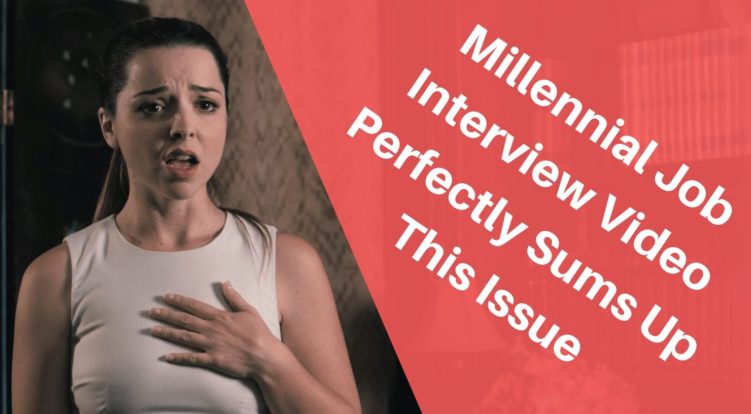
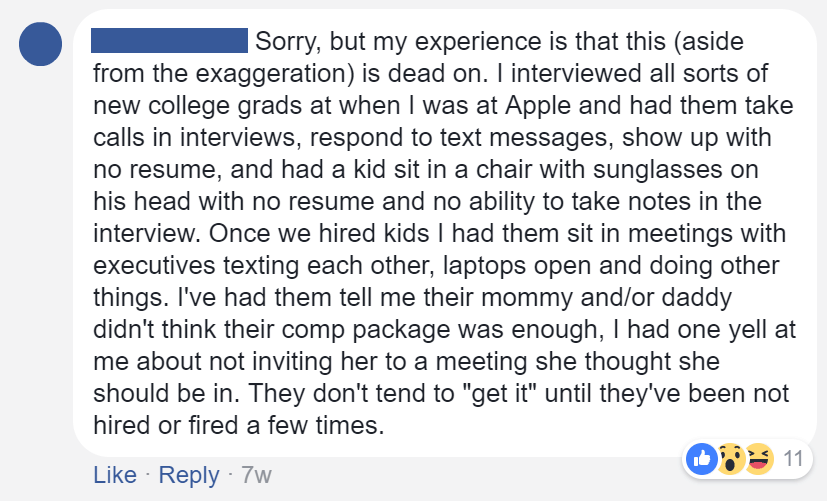
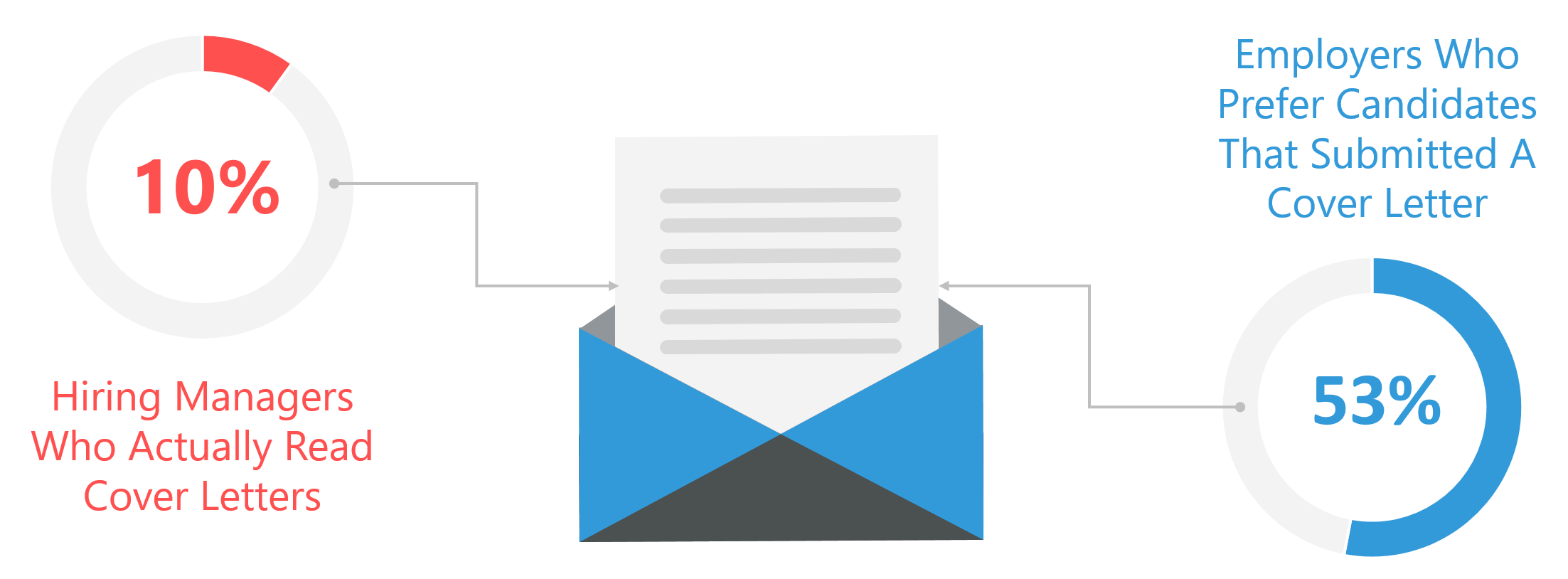
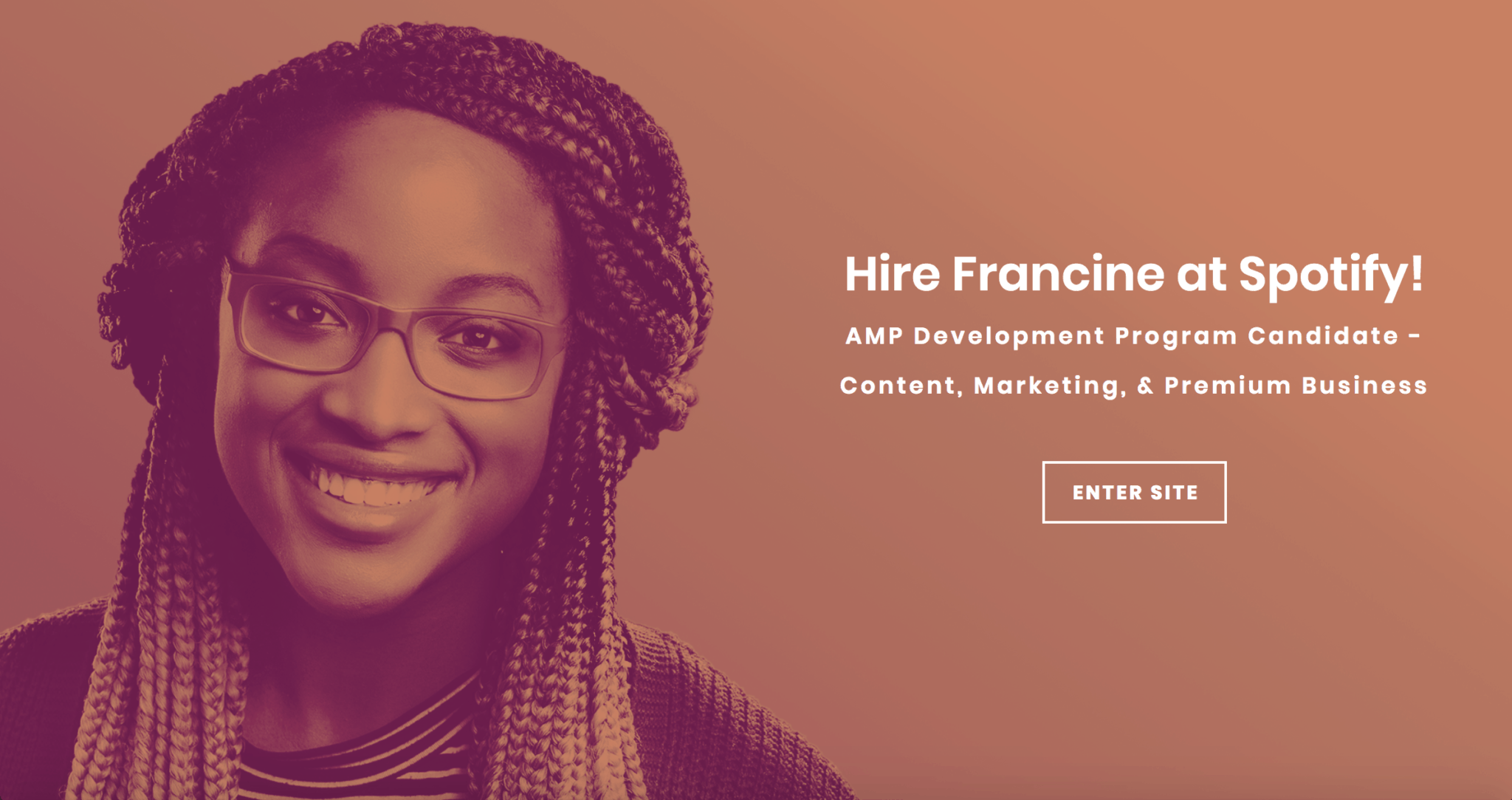
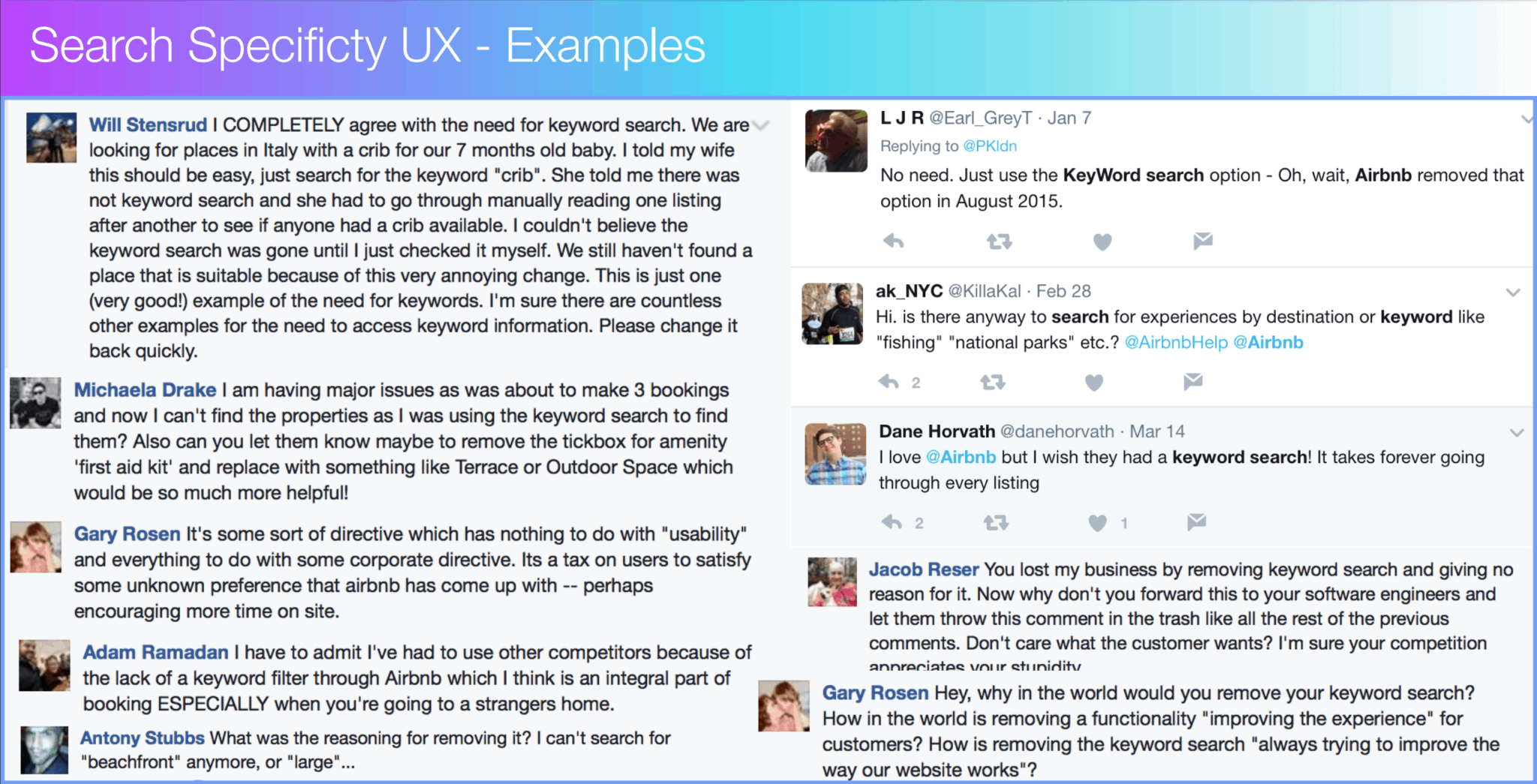










Hey Austin,
I saw the video recently and laughed. It is funny; however, yes it does stereotype a Millennial. And to that I will say “Welcome to the Club”. I am a Baby Boomer. When I started looking for work, I was told I was too young and have no proven work history or track record. And that was for entry level positions, they wanted at least 3 years experience for entry level; however, maybe I could get a job in the mail room (yes, snail mail and not email) because the person interviewing me started in the mail room and worked his way up. And here I was wanting a job starting in the middle and not starting at the very bottom.
Every generation goes through difficulty entering the work force. Wait another 20 years to see what a Millennial will say about the newest generation interviewing.
Also, I do enjoy reading your articles and often your advice is similar to what I did years ago as well as advice I was given. One tip you could add to for the interview, is focus on the interview. No cell phones or electronic devices that distract you from the interview. I had a friend who interviewed a person with ear buds listening to music during the interview. My friend even asked the person if they could put it away and was told, I can listen to my music and talk to you at the same time. Maybe that was their way to show they can multitask.
So keep up the good work and good luck to you.
Thanks,
Dan